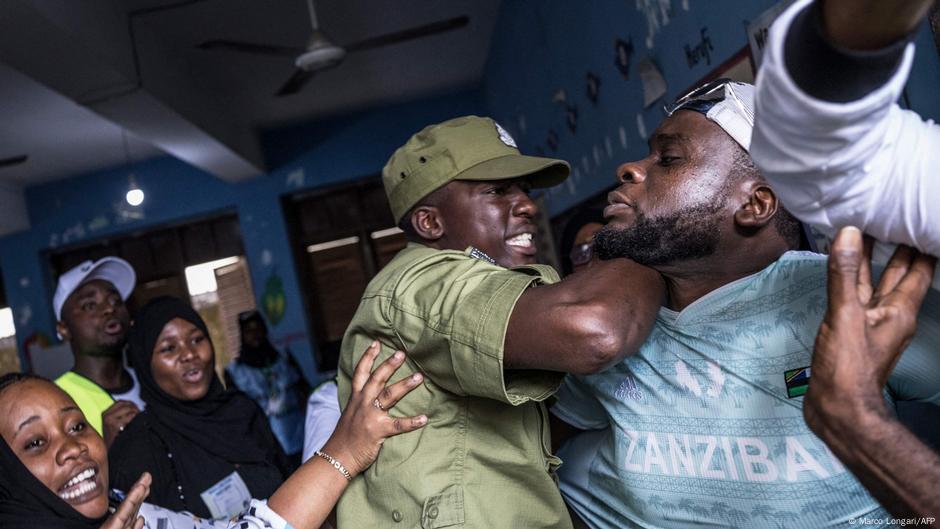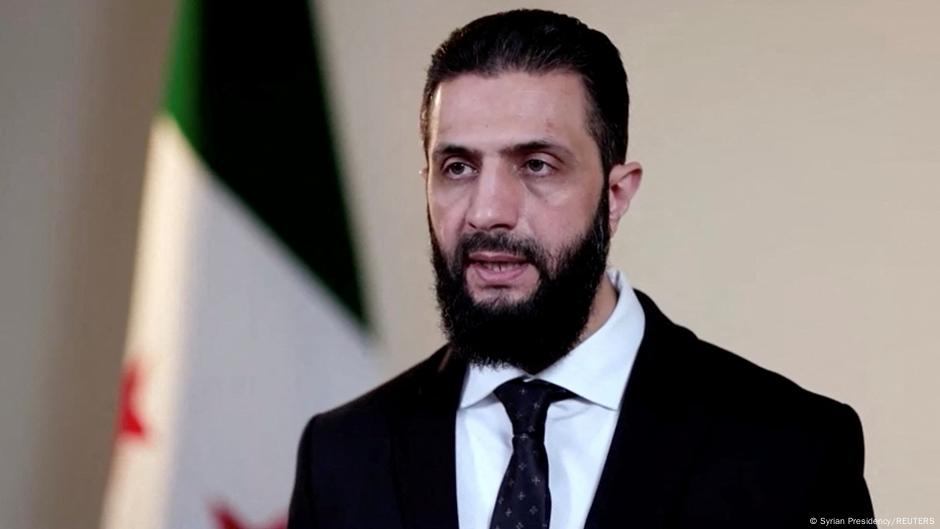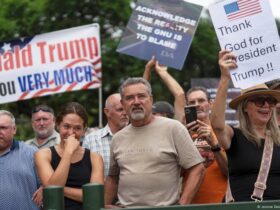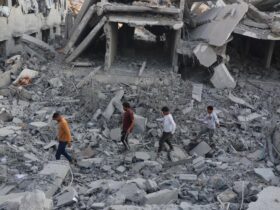29 October was one of the most important days in Tanzania, when voters were supposed to perform their civic duty. However, protests broke out in Dar es Salaam and several other cities during the voting. Protesters were angry at the main opposition candidates dropping out of the presidential race, and what they say is increasing repression of government critics.
Tanzanian police declared a curfew amid the growing unrest. Following reports of vandalism, looting and attacks on polling stations, especially in major cities, the government deployed troops to the streets to restore public order. Internet disruptions were reported and citizens had trouble communicating through mobile phones.
Unverified reports said there were several deaths following Wednesday’s clashes. The election, which outgoing President Samia Suluhu Hassan is widely expected to win, has been marred by controversy, notably the treason trial of Tundu Lissu, the leader of Tanzania’s main opposition party CHADEMA.
Lissu’s party was barred from competing after refusing to sign the electoral code of conduct, citing the need for reforms. Presidential candidate Othman Massoud of another opposition party, the ACT-Wazalendo Party, was also barred from running.
Vote counting continues and the state-run Tanzania Broadcasting Corporation begins broadcasting the announcement of provisional presidential election results, showing President Hassan in the lead in various constituencies.
EU condemns ‘unfair’ Tanzanian elections
On Thursday, Members of the European Parliament (MEPs) condemned Tanzanian elections, calling them neither free nor fair.
“These elections cannot be considered free and fair. The fraud did not start at the ballot box – it has been unfolding for months,” the MEPs said in a joint statement.
“No election can be credible when the main opposition is silenced, when freedom of assembly and expression are denied, and when independent media are intimidated and censored,” the statement said.
The European Parliament urged Tanzania’s international partners to protect democracy and human rights, warning that “silence is not neutrality – it is complicity.”
The government has denied these allegations and insisted that the election was conducted in a free, fair and transparent environment.
It also rejects allegations of human rights violations and kidnapping of opposition leaders during the campaign period.
Tanzania’s image of peace at stake
Tanzania, once a symbol of peace and human rights under President Julius Nyerere, has experienced political decline under the leadership of President Samia Suluhu Hassan.
His government has been accused of suppressing dissenting voices, detaining opposition politicians and excluding citizens from the political process. It has also deported foreigners it considers a security threat.
Blessing Vava, executive director of the Crisis in Zimbabwe Coalition, a human rights advocacy group who was denied entry on Tuesday, detained and deported after being declared a security risk on election day, says Tanzania is turning into a dictatorship.
“It is a shame that a country that hosted the liberation movements of all countries located in Southern Africa and Tanzania and became an inspiration because of the values shared by President Nyerere is the exact opposite of what we are seeing in the current leadership,” Wawa told DW.
“This decline not only affects Tanzania but also casts a negative light on the Southern African Development Community (SADC) and the entire African continent.”
President Hassan’s big challenge
Current political developments in Tanzania are a major test for President Hassan, who after taking office in 2021 was praised for reducing repression and censorship of political opponents, which had increased under his predecessor John Magufuli.
Analysts say whoever wins the election lacks legitimacy. “There is a complete lack of competition in this election,” Fergus Kell, a research fellow in the Africa Program at Chatham House, told DW.
“Any realistic competition in the presidential race has been eliminated through legal means,” he said, adding that political developments in Tanzania follow a long-term pattern.
“What we are seeing is essentially a one-party state, with no changes to the constitution since independence. There seems to be no desire to change the default paradigm in Tanzania.”
Political observers suggest that Tanzania should undertake constitutional reforms to restore legitimacy.
“Reforms and restoration of the rule of law are needed. Tanzania needs to convene a national dialogue to create a roadmap for reforms,” Wawa said.
Edited by: C.Mavakideau





Leave a Reply